Navigating the region's diverse markets requires more than just capital—it demands deep cultural and economic insight. Few understand this better than Lena Gliem, a dedicated consultant and bridge-builder between German-speaking countries and the MENA region. With a background in International Relations and Development Studies, Gliem has spent years at the intersection of politics and business, crafting strategies for cross-border investments, startup ecosystems, and sustainable collaborations.
In an exclusive interview with Saudi Times, she discusses the evolving dynamics of German-Arab business ties, the challenges of market entry, and how companies can capitalize on the region’s growing appetite for innovation and sustainability.
Q: What are Western observers missing when they try to understand the essence of Saudi society?
A: Western observers often focus on Saudi Arabia’s impressive megaprojects and economic changes, but they sometimes overlook the deeper cultural and societal shifts taking place. Beyond the major developments, Saudi Arabia remains deeply rooted in tradition, with a unique balance between innovation and heritage. Understanding this duality is crucial to appreciating the country’s transformation in a more holistic way.
Q: What everyday societal changes in Saudi Arabia deserve more attention?
A: One of the most remarkable yet underreported shifts is the increasing role of women in the workforce and public life. In recent years, female labor force participation has nearly doubled—from 17% to over 30%—in a short period. Women are leading startups, joining government initiatives, and excelling in STEM fields. Having achieved this Vision 2030 goal already, I look forward to seeing Saudi women continue to expand their impact across all areas of society and sustain this transformation.
Another major shift is the growing emphasis on entrepreneurship and innovation. With initiatives like Vision 2030, there is also a cultural movement towards fostering creativity, risk-taking, and business ownership—particularly among young Saudis.
Q: What do Western audiences find hardest to grasp about the nuances of Saudi life?
A: There is a misconception that Saudi society is homogeneous, when in fact it is incredibly diverse—regionally, generationally, and socioeconomically. Cities such as Riyadh, Jeddah, and, in the future, projects like NEOM each have their very own dynamics. The perspectives, hopes, and dreams of young Saudis can differ significantly from older generations when it comes to gender roles, family, work, and lifestyle choices.
Saudi Arabia’s ongoing transformation also reflects a strong openness to collaboration, particularly in technology, sustainability, and education. There is great potential for deeper exchanges in research, business, female leadership, and innovation ecosystems between Germany and Saudi Arabia.
Q: What can Western societies learn from Saudi culture—and vice versa?
A: Western societies can learn from Saudi Arabia’s recognition of and willingness to embrace change. The world is facing urgent challenges such as climate change, food security issues, economic uncertainties, and demographic shifts. The need to act and adapt quickly is paramount.
Germany can learn from Saudi Arabia to be braver with bold, long-term visions and to acknowledge the need for fast change, like the Kingdom’s ambitious and future-oriented planning. Saudi Arabia’s resilience and adaptability in transforming its economy and society while preserving its cultural identity highlight its ability to embrace change without losing its heritage. In terms of hospitality, I believe Saudi and other Arab cultures are also a great example.
Conversely, Saudi Arabia can learn from Germany’s Mittelstand, the backbone of its economy, which demonstrates the benefits of economic diversification and industrial resilience. With its Vision 2030, Saudi is already moving toward greater diversification. Germany’s expertise in green technology and sustainability—such as smart city technologies and renewable energy—could provide valuable insights. Another area of potential learning is Germany’s dual education system, which combines vocational training with hands-on apprenticeships to create a highly skilled workforce. Implementing similar models could support Saudi Arabia’s growing industries.
Q: How do Saudi cultural norms influence its entrepreneurial spirit?
A: Saudi Arabia’s cultural shift toward entrepreneurship is one of the most exciting developments. Traditionally, stable employment was highly valued, but in recent years there has been a stronger push toward risk-taking and innovation. I am eager to see how this continues to evolve and how Saudi Arabia’s startup ecosystem develops.
There is also growing openness to collaboration in the cultural and creative industries, which I believe is a great sector for fostering mutual understanding and breaking barriers. Germany has a long-established tradition in the arts, and there is significant potential for collaboration with Saudi Arabia’s rapidly expanding cultural sector. German-Saudi film projects such as Wadjda and The Perfect Candidate, both directed by Haifaa Al-Mansour, are great examples of successful cooperation while also providing insights into contemporary Saudi life.
Q: What is the most overlooked or misunderstood aspect of Saudi society today—and how can collaboration happen?
A: One of the biggest misconceptions is that change in Saudi Arabia is solely government-propelled. In reality, many transformations are being embraced—and even driven—by Saudi citizens, particularly the younger generation. Beyond large-scale projects and policy reforms, meaningful change is happening through the people: entrepreneurs, innovators, women, and young leaders who are actively shaping the country’s future.
There is also a growing desire for international collaboration, knowledge exchange, and cross-cultural dialogue. Germany and Saudi Arabia have a great opportunity to deepen their cooperation—not just in business but also in education, sustainability, and research. By strengthening these ties, both societies can benefit from each other’s strengths and expertise.
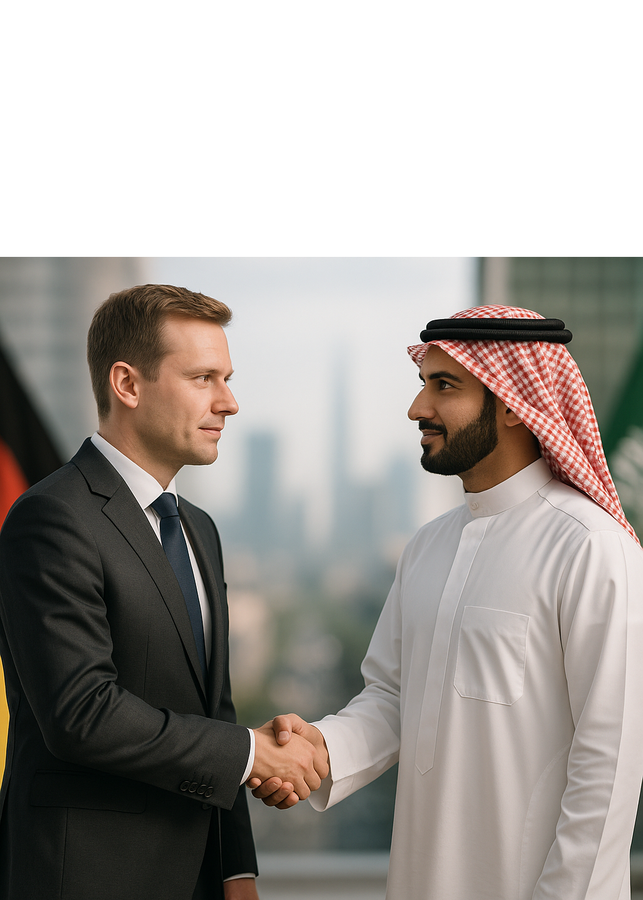
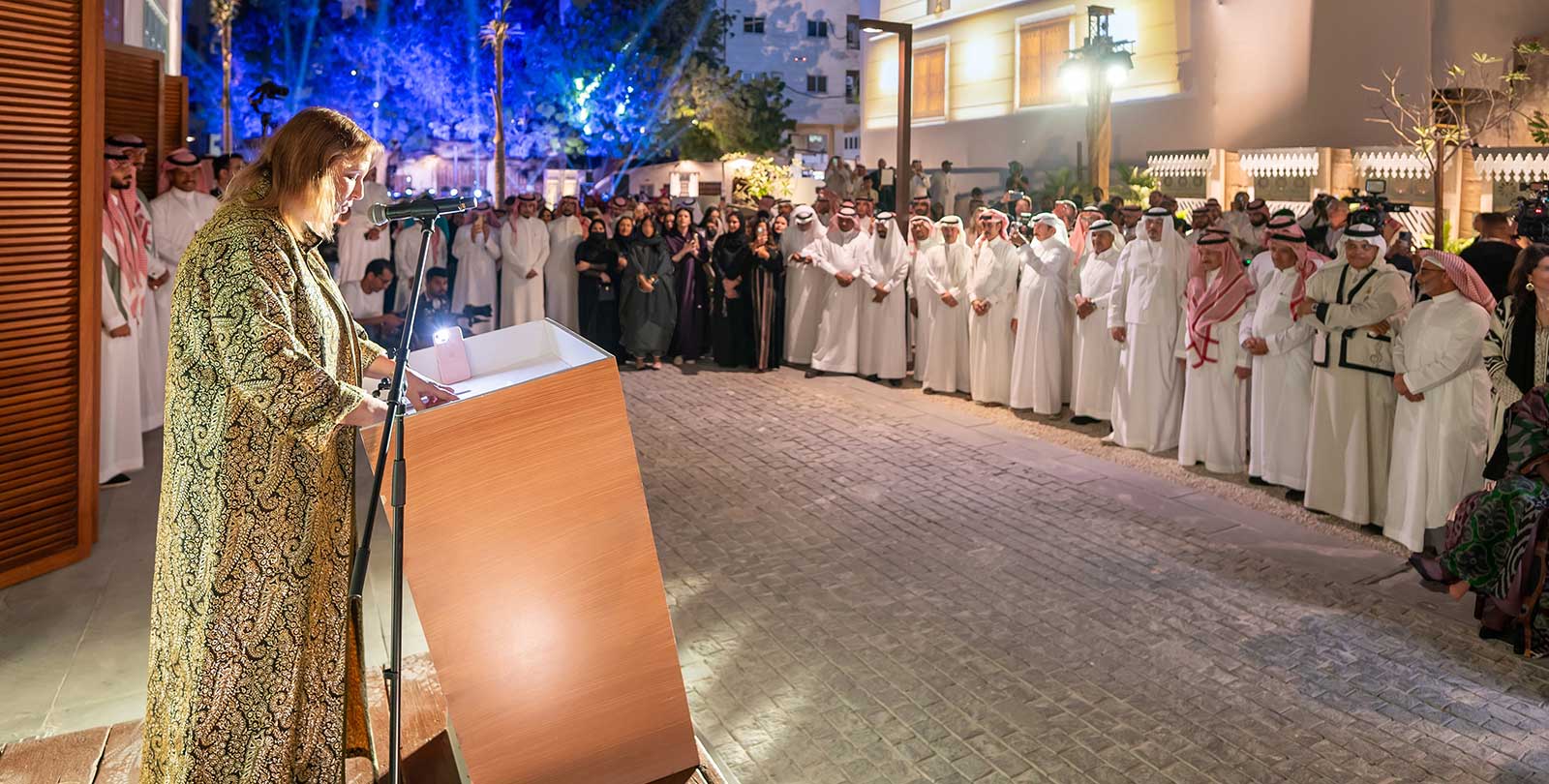
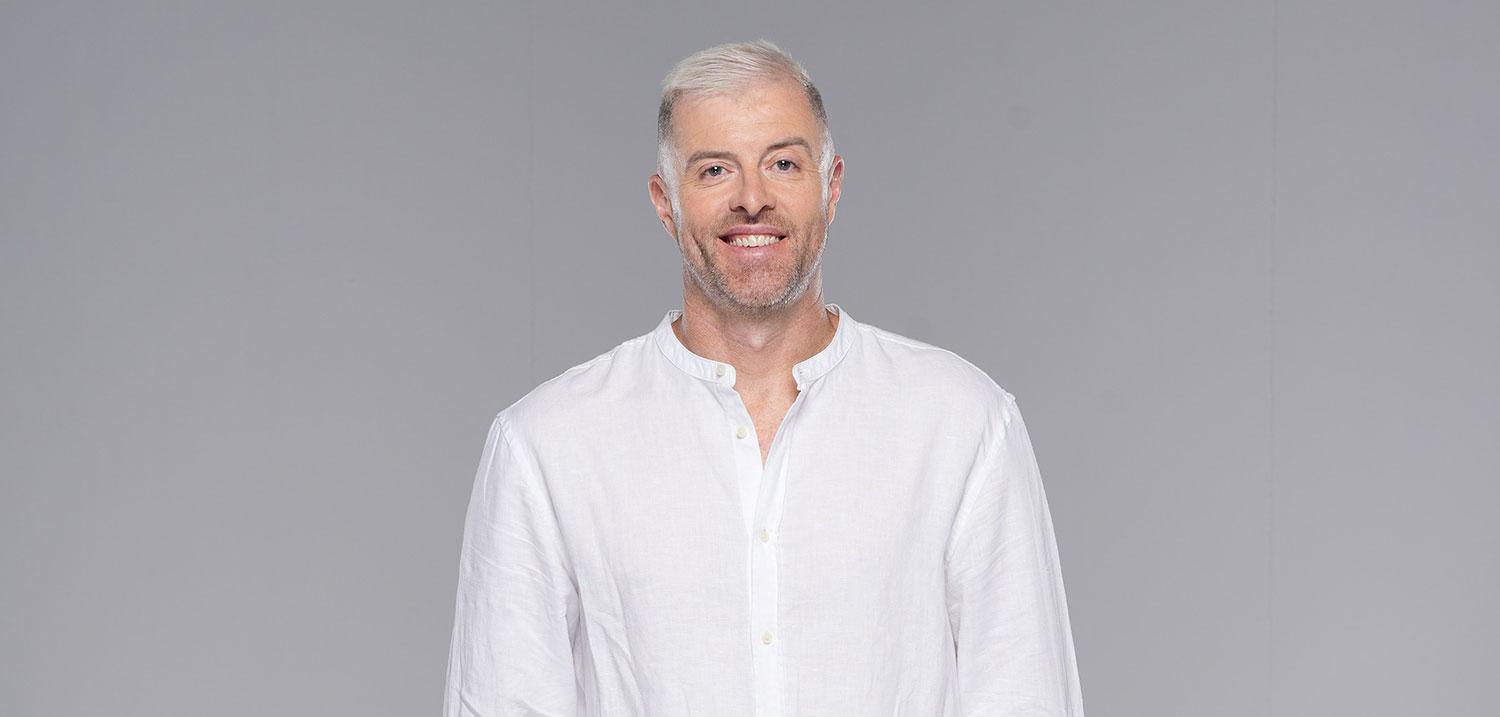
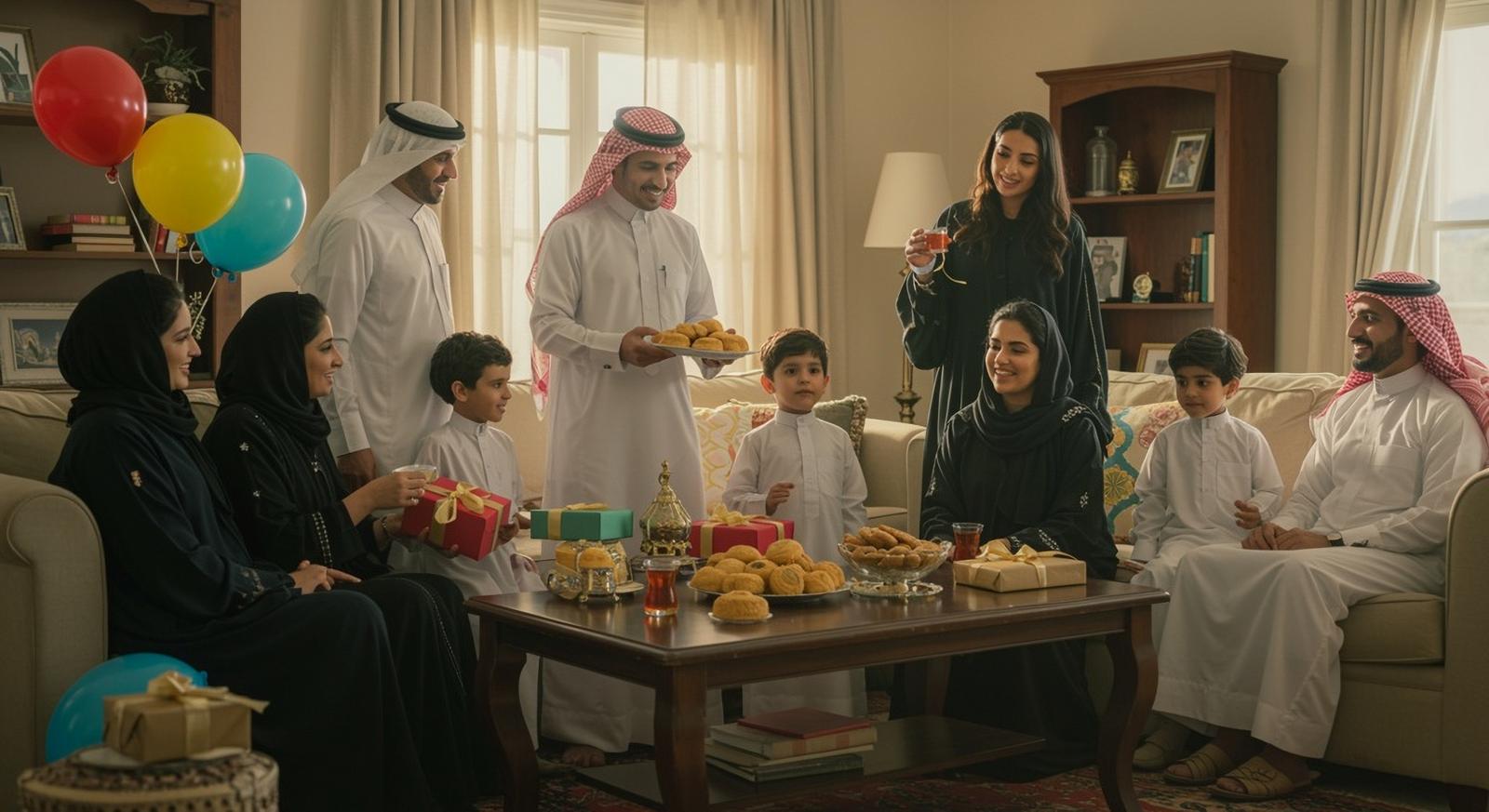
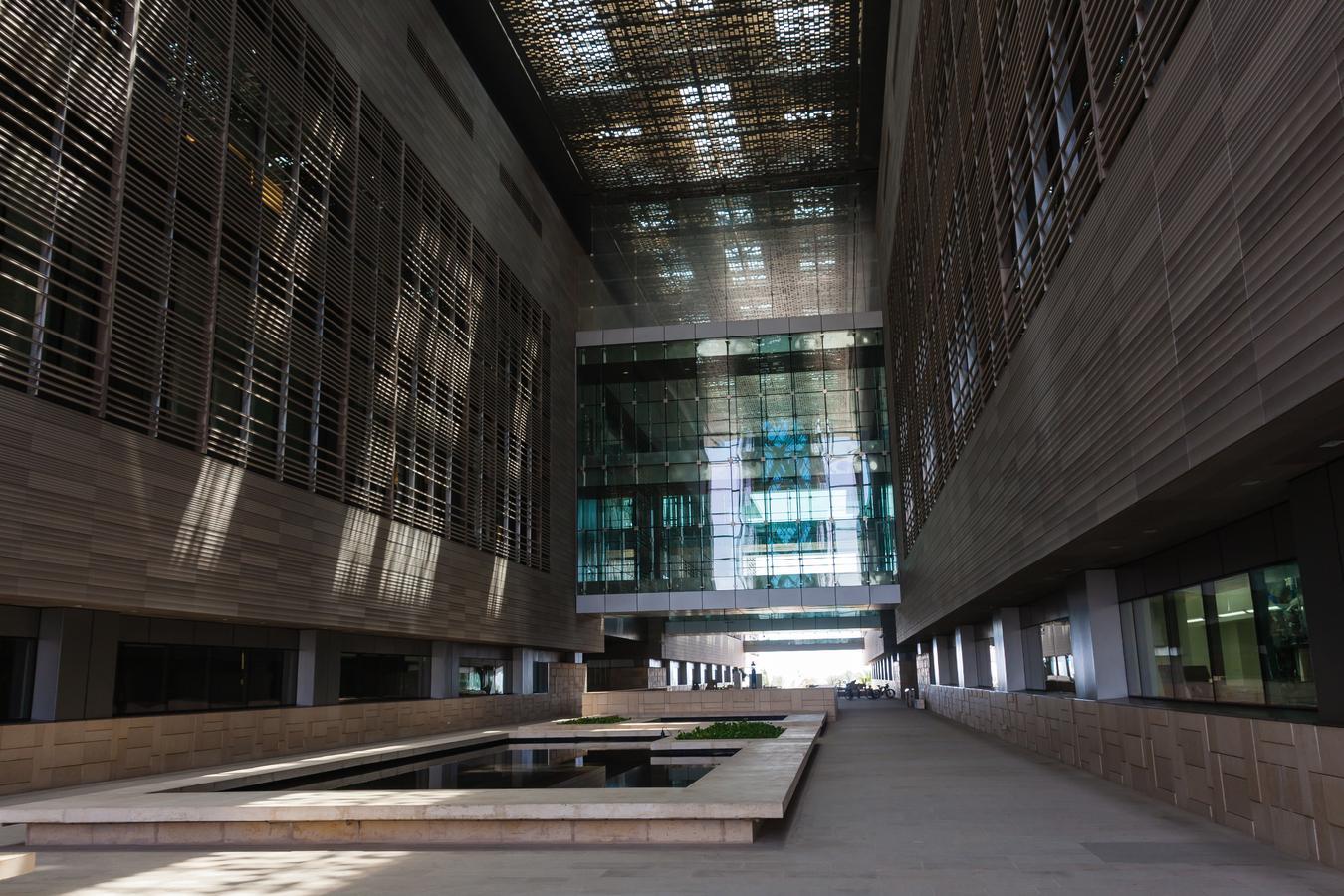
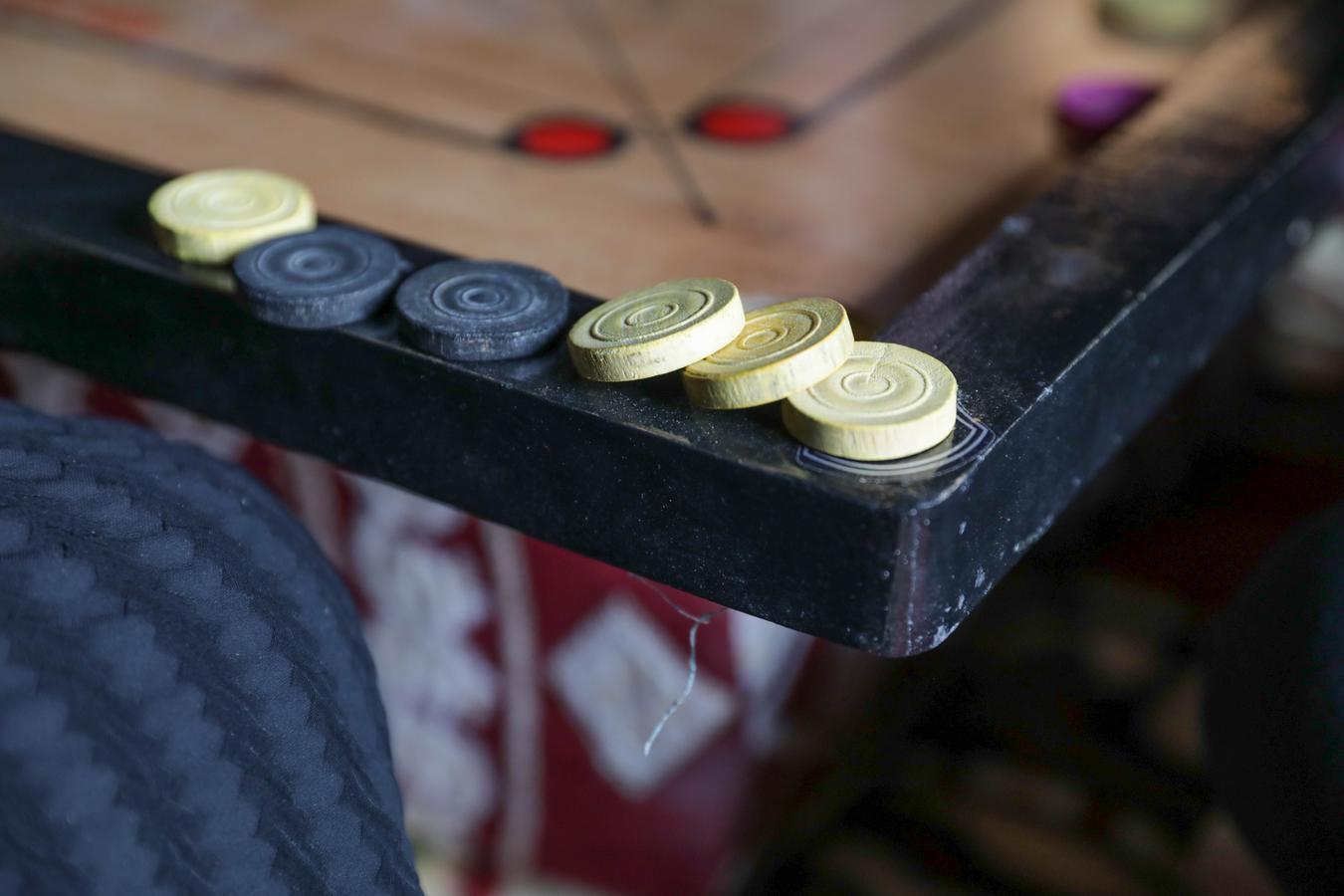
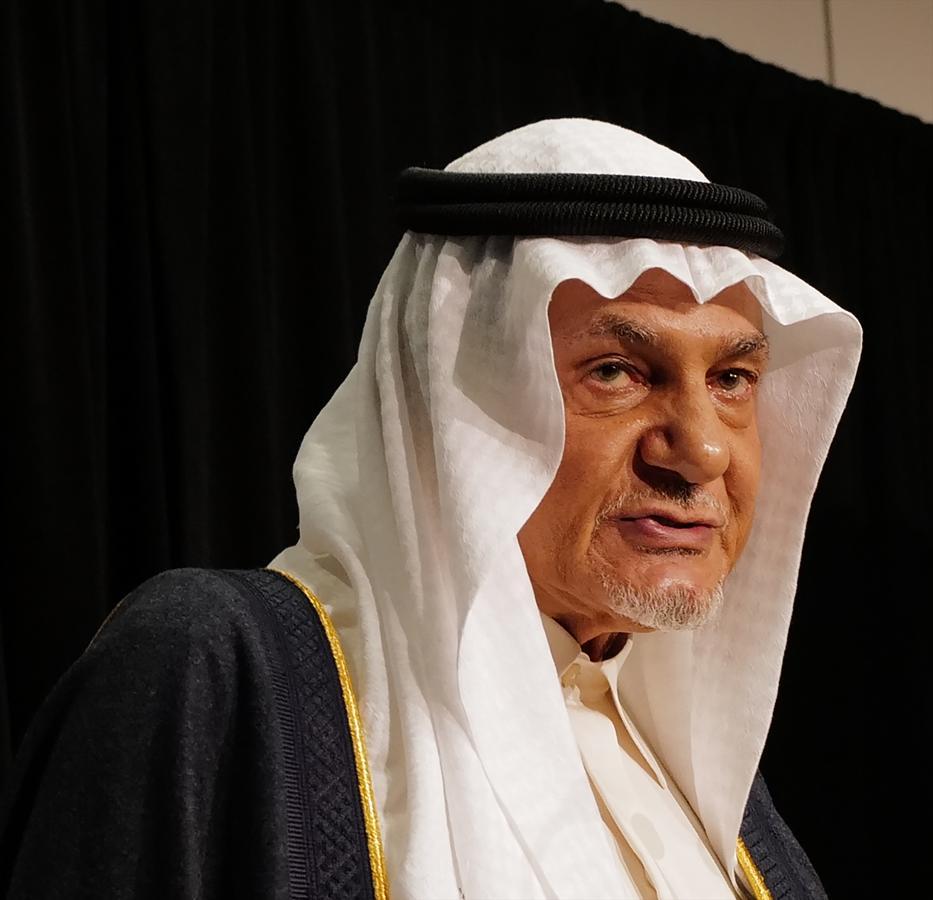
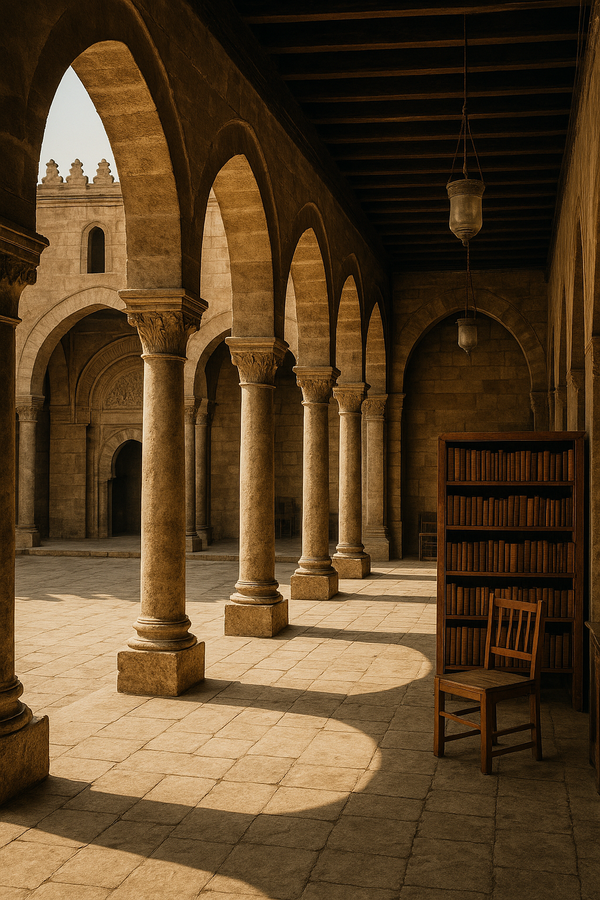
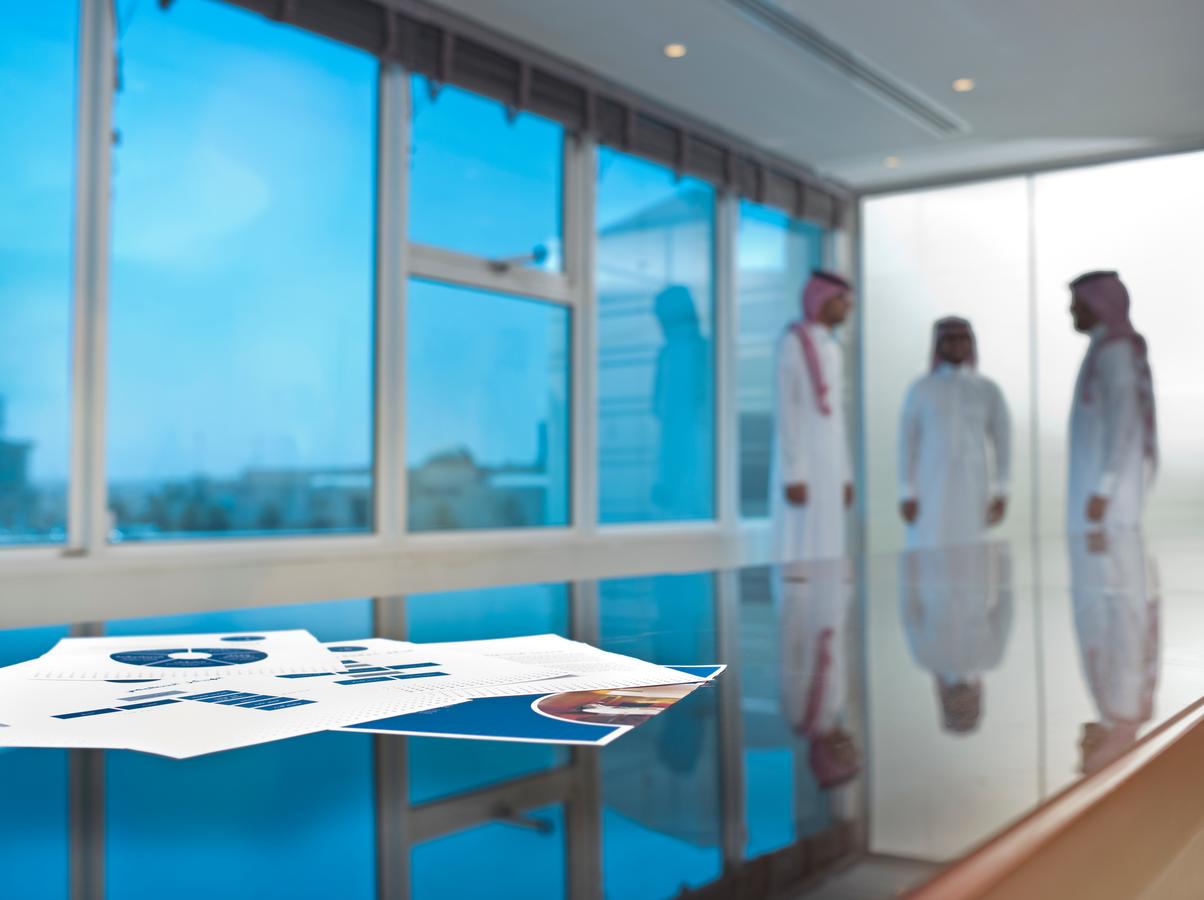
0 Comments
No comments yet. Be the first to comment!